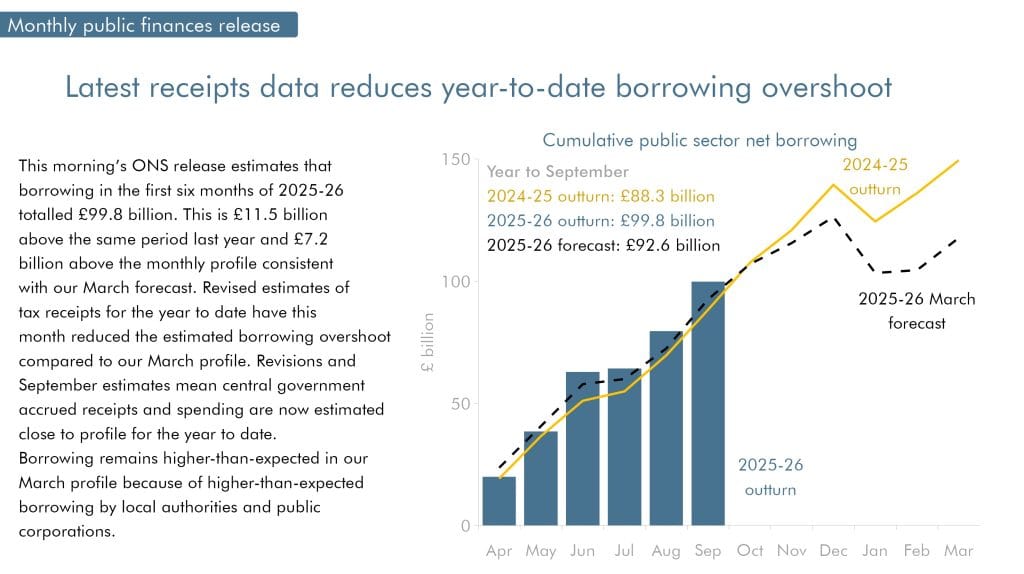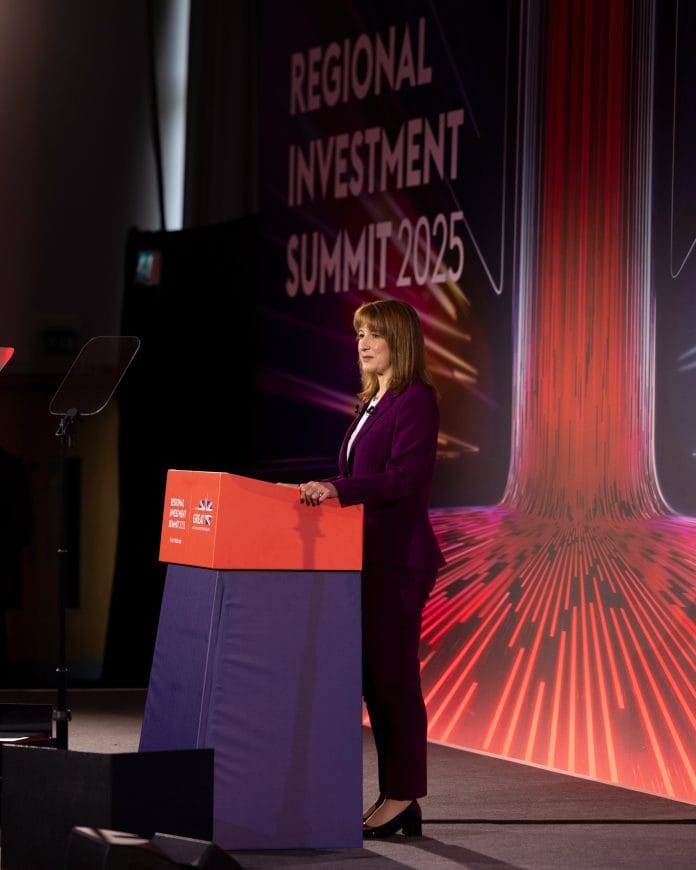We have been softened up for what is going to be bad news, although no doubt there will be some sweeteners snuck in. So, against the background of a faltering economy, what should the Chancellor do given that she’s hedged herself into a box?
Rachel From Accounts does have one get out card and that is to follow John Maynard Keynes who said, “When the facts change, I change my mind.” This would give her the opportunity to tear up the last Budget and start again.
However, in likelihood she won’t say that, but what she must not do is to produce a moldy rabbit from a hat and pretend it is all fine. Rather, she must focus on the one driver of any economy: confidence.
She would be very foolish to try starting with a wealth tax. That is just old-fashioned class envy and only for followers of the worst Marx brother – Karl. The rule is clear – create wealth and then you have something to tax. Taxing as a penalty for those who have worked hard and been successful is just bad politics and bad behavior.
Don’t squeeze lemons until the pips squeak but plant lemon orchards for a future of lemon abundance.
Also, we should remember that we need wealthier citizens and should not encourage them to leave. The top 10 percent of taxpayers paid 60 percent of all income tax in 2023–24, and that was up from 35 percent in 1978–79.
Next, she should address those areas which have the chance of greatest success. Provide further tax breaks, not subsidies or cash, to those areas already showing strengths – our technology hubs, silicon-roundabout-glen-fen-gorge-beach and even stick (Bournemouth).
These hubs create new technology, new companies and new jobs – and we are rather good at it.
The Chancellor should also address an area of weakness: the secondary funding for these companies, many of whom are scooped up Silicon Valley acolytes or short-term private equity pirates.
Pensioners have had a great deal in recent years with the pension triple lock, which was only brought in by former Prime Minister David Cameron in 2010 to try and shore up the pensioner vote at a time when the economy he inherited was in a dreadful state. It will go but probably not yet.
Probably the fairest taxes will be income tax, which could rise but on a limited time scale, say four years (i.e. just before the next election if they last that long) but alongside a reduction in National Insurance which effects just those who work as opposed to pensioners.

It is inevitable that an adjusted property tax will come in at some stage. The current values for council tax are way out of date and serve only to sharpen the north/south divide. And we need look no further than Stamp Duty. The Tory leader used that as her headline at the last Conservative party conference.
Currently we have a Stamp Duty paid by purchasers (who are usually the ones with less money) rather than the sellers and it acts as a significant brake in the spending of money. Moving house is a great multiplier, as every time we move, we will spend on the kitchen, the plumbing and decoration. The speed of money through the economy increases along with the tax take.
Encourage people to stay, invest and spend. Use the business incentive schemes which are usually forms of guarantee which would only get called upon if the business were to fail. The Government doesn’t have to spend more but encourage others to do so.
We are back to the key word – confidence. Let us hope that we hear an inspiring speech.








